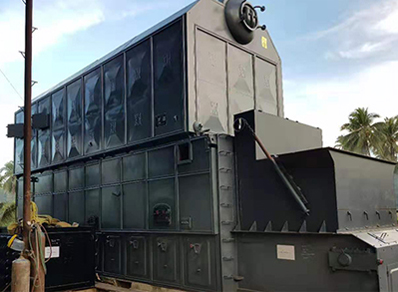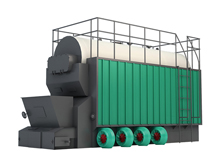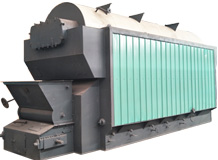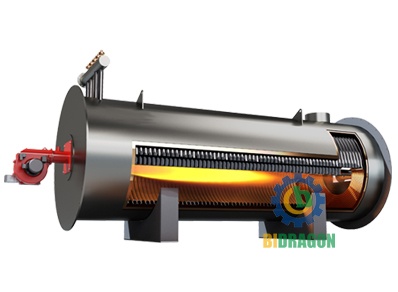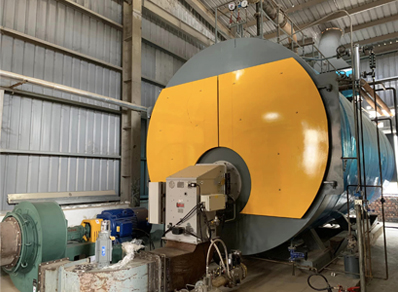
The Difference Between Biomass Boiler and Coal Fired Boiler
The Difference Between Biomass Boiler and Coal Fired Boiler
In the field of industrial boiler, coal fired boiler has always played an irreplaceable role. However, facing more and more serious environmental problems, the use of coal fired boiler has been increasingly restricted. Under the background of national strict control of environmental pollution to advocate energy conservation and emission reduction, biomass boiler has been welcomed by the market for its environmental protection and energy saving features. First of all, biomass boilers use agricultural and forestry straw waste, corn cobs, wood chips, waste fabrics, biomass pellets, etc. as fuels, and have a certain environmental advantage with less polluting emissions. Coal-fired boilers use coal as fuel, after burning, it will produce more dust, sulfur oxides and nitrogen oxides, which can easily cause environmental pollution and ecological damage.
Because the direct combustion process of biomass fuel and coal is different, e specially in terms of air supply, combustion chamber shape and furnace volume. There are many differences between
biomass boilers and coal-fired boilers. According to different fuel characteristics, the width and length of the feed hopper grate of the biomass boiler, the speed of the grate reducer, the ratio of the primary and secondary fans, and the location of the secondary air outlets optimal design will be carried out on the direction to ensure that the biomass boiler has high thermal efficiency and stable operation. Compared with coal-fired boilers, although biomass boilers burn cleanly, the diversity of biomass fuel raw materials has led to insufficient adaptability, and it has not yet fully developed to a mature stage. In contrast, the quality of coal is well known to most users, and the boiler operation has strong operational adaptability , and technical reserves are more sufficient. Generally speaking, coal-fired boilers have made important contributions to the development of the national economy in the past, but their pollution emissions are serious. Small-tonnage coal-fired boilers are gradually replaced, and large-tonnage coal-fired boilers are developing into circulating fluidized bed boilers to promote clean utilization of coal resources. Biomass boilers belong to new energy boilers, which have significant environmental protection advantages and are currently encouraged for utility..jpg)


